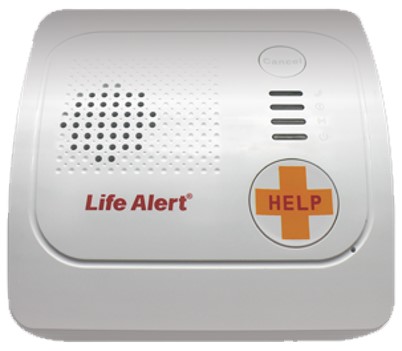What is Life Alert?
Life Alert is one of the most recognizable brand names in the world of medical alert systems. For many people, the name itself has become almost a generic label for any kind of personal emergency response device. But Life Alert is a specific company with a long history and a particular approach to its products and services. Understanding what sets it apart helps clarify both its reputation and the space it occupies in the broader medical alert industry.
Life Alert was founded in 1987 and quickly gained public recognition through television and radio commercials, most famously the “I’ve fallen and I can’t get up!” advertising campaign. This phrase became a cultural reference point, but it also put a spotlight on a real problem: older adults living alone who may not be able to reach a phone during an emergency. Life Alert positioned itself as a solution by offering wearable help buttons that connect the user to a professional response center at any hour of the day. The basic idea is simple: wear a pendant or wrist device, press the button if something goes wrong, and a trained operator will send help.

Today, Life Alert offers in-home systems that connect through landlines or cellular networks, along with mobile systems for use outside the home. The company also provides add-ons such as shower buttons and wall-mounted help buttons. Their monitoring centers are located in the United States and are staffed around the clock. Life Alert emphasizes that they do not outsource their monitoring operations, which the company presents as a key factor in reliability and security.
In terms of reputation, Life Alert is something of a mixed presence in the industry. On one hand, it holds one of the most recognizable and longstanding names in the market. Many older adults and their families choose Life Alert specifically because they feel reassured by that familiarity and longevity. The company has consistently highlighted its U.S.-based monitoring and its commitment to emergency response, and it is respected for its stability; it has been in business for nearly four decades, which is no small thing in a competitive industry.
On the other hand, Life Alert does not always rank at the top of current consumer recommendation lists (see our own review and critique of the offerings from this company). There are a few reasons for this. First, its pricing is typically higher than many newer competitors, and the company requires long-term contracts, up to three years, in an industry that commonly offers monthly billing and no contracts.
These contracts can be difficult to cancel once signed, even if circumstances change. Some users and caregivers have expressed frustration with the cancellation process, and these complaints appear in various consumer review forums. Additionally, Life Alert does not always feature the latest technological conveniences such as app-based account management or automatic fall detection built into every device.
As the medical alert industry has expanded, numerous companies now offer systems with more flexible pricing, month-to-month service options, updated smartphone integrations, and devices with more discreet designs. Many of these companies market themselves as easier to use, easier to cancel, or more cost-effective. Against this backdrop, Life Alert remains respected but also seen as somewhat traditional in both technology and business model. For those who value a well-established name, 24/7 U.S.-based monitoring, and a company with a long track record of reliability, Life Alert remains a familiar and trusted choice. Its place in the industry appears secure, though no longer solitary – and the market continues to evolve around and beyond it.

